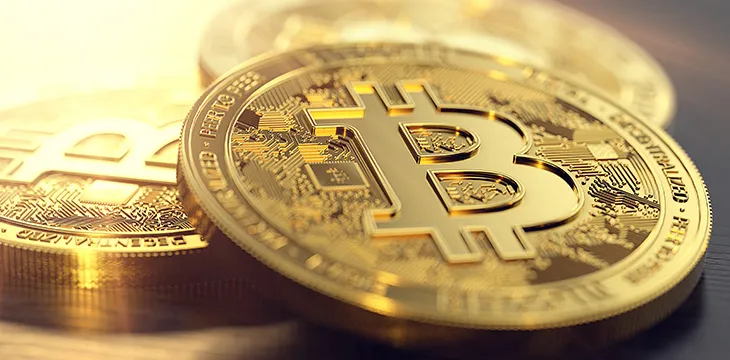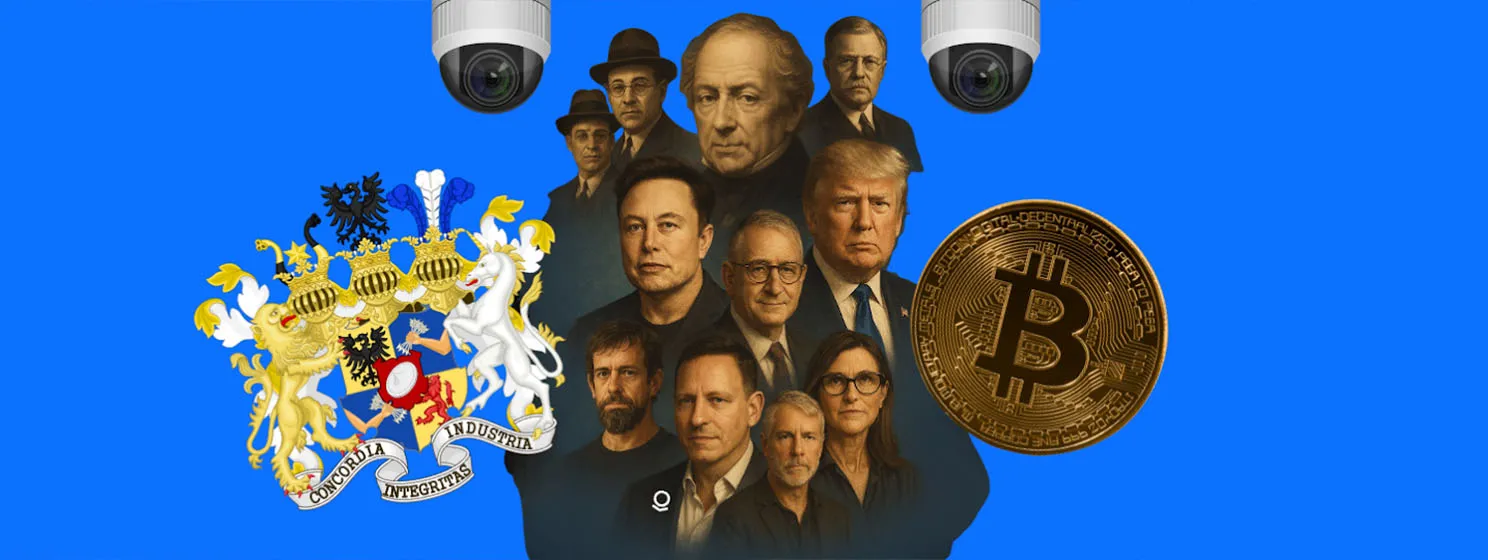|
Getting your Trinity Audio player ready...
|
This is a guest contribution by Eric Jackson. If you would like to submit a contribution please contact Bill Beatty for submission details. Thank you.
The rise of cryptocurrency in 2018 warrants it the “word of the year” even if the connotation of the word is a bit…cryptic. Merriam-Webster defines ‘cryptic’ as “having or seeming to have a hidden or ambiguous meaning” so it’s no surprise that cryptocurrency comes from the same root word. Whether you’re interested in cryptocurrency because of the mystery or the money, here’s the past, present, and future of crypto from a finance perspective:
- We’re going from boring to baffling
The U.S., specifically the millennial generation, has an inherent distrust of traditional banking systems which is expected to continue. Can you blame them? They came of age during the 2008 financial crisis, so it only makes sense they seek a more transparent and honest system.
Not only are the traditional banking systems boring and stodgy, but they’re never open! Banks close at 5 p.m. and Wall Street closes at 4p.m. When can anyone have a good time? Crypto is like that friend that always wants to party—except that friend is now on your computer screen, shaking up the status quo. Most of the digital world operates on a 24x7x365 schedule, so it only makes sense that digital currencies dance in the dark. Crypto never closes. This in itself is a revolution, and the innovators are not afraid to use it.
One of the biggest benefits of cryptocurrency is its peer-to-peer networking structure, which cuts out the traditional institutions such as banks or money transfer companies (PayPal, Venmo, etc.). The by-product of no middle person is that transaction fees typically don’t apply. If you’re someone who has wanted to rebel against a system which takes a chunk of your transaction, you may start to understand the appeal of crypto.
According to Bloomberg, a survey by venture capital firm Blockchain Capital found that about 30 percent of those in the 18-to-34 age range would rather own $1,000 worth of Bitcoin than $1,000 of government bonds or stocks.
The current economic system may be boring, but the new paradigm has the potential to compete against the current currency (say that two times fast). Boring to baffling may not be a bad thing, but awareness of how quickly things can change is key.
- You can time hop your way to freedom
Just as the internet gave us a sprawling international network that set information free, cryptocurrency is a vast economic system that sets money free. Cue En Vogue’s Free Your Mind: Before you can invest in crypto, you’ve gotta learn how to mine. In other words, to get started with crypto you’ll want to obtain units to achieve early adopter status.
Here’s an analogy that may make more sense: As scary as it sounds, bitcoin is like a bubble (we’re not saying it is).
Stay with us here.
The inside of a bubble is filled with air. People are “investing” vast sums of money into something that has no history of producing revenue, like air. But it’s this air inside the bubble that can either
1) give you oxygen in the future when everyone runs out or
2) deflate and burst.
The blockchain is essentially a system solving process, and when systems solve themselves, you can free up time! This mindset means that money can now expand in ways that are beyond the current concepts of time and technology. And it’s this potential for the future of technology (coupled with time) giving it value now. Blockchain’s secure, decentralized framework is why my virtual data room company recently developed a platform for financial reporting and conducting due diligence for Bitcoin holders. We want to bring the traditional practices of mainstream financial services to the cryptocurrency industry.
Let’s break this concept down further: Cryptocurrency is the Internet 2.0, which is regulated by time itself. If you’ve read Tim Ferriss’s “The 4-Hour Workweek” this is simply taking one concept and applying it to another.
If you’re like most logical thinkers, how do you trust a currency that’s not backed by anything? Or rather, how do you trust a currency that’s backed by one of the most abstract concepts? This question is the biggest argument against cryptocurrency.
On the other hand, the “backing” of the American dollar isn’t real either. The phenomenon of time and money intersecting with a future that’s currently being co-created is mind-blowing. And no one knows for sure whether it’s a blip on a screen or if it’ll change the way people do business forever.
- Cryptocurrency will become legitimized within the financial world
Not only will cryptocurrency become legitimized, some speculate that cryptocurrency can one day make the U.S. dollar obsolete. As The Onion reports, Bitcoin is on the path to functioning just like “real people currency” after a small concentration of people acquire the majority of it.
We’re kidding (well, sort of).
The recent rise and fall of Bitcoin means that mainstream institutions are watching. But don’t let that fool you: The old world is still chaining blockchain down. Here’s why: Traditional debit or credit accounts are required to buy Bitcoin. So keep clinging to that old wallet before you kiss it goodbye. Crypto needs more mainstream love before the financial world says “hi.”
Will you welcome crypto with open arms, or turn it down with snide?
Eric Jackson is the co-founder and CEO of CapLinked, a virtual data room platform for securely sharing corporate information and conducting due diligence online.

 07-15-2025
07-15-2025 





